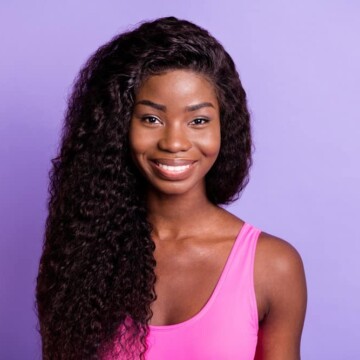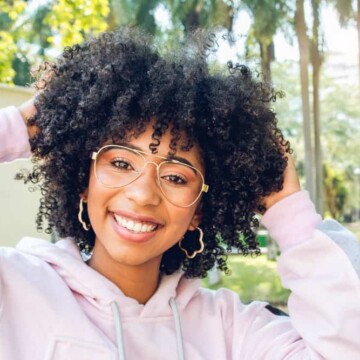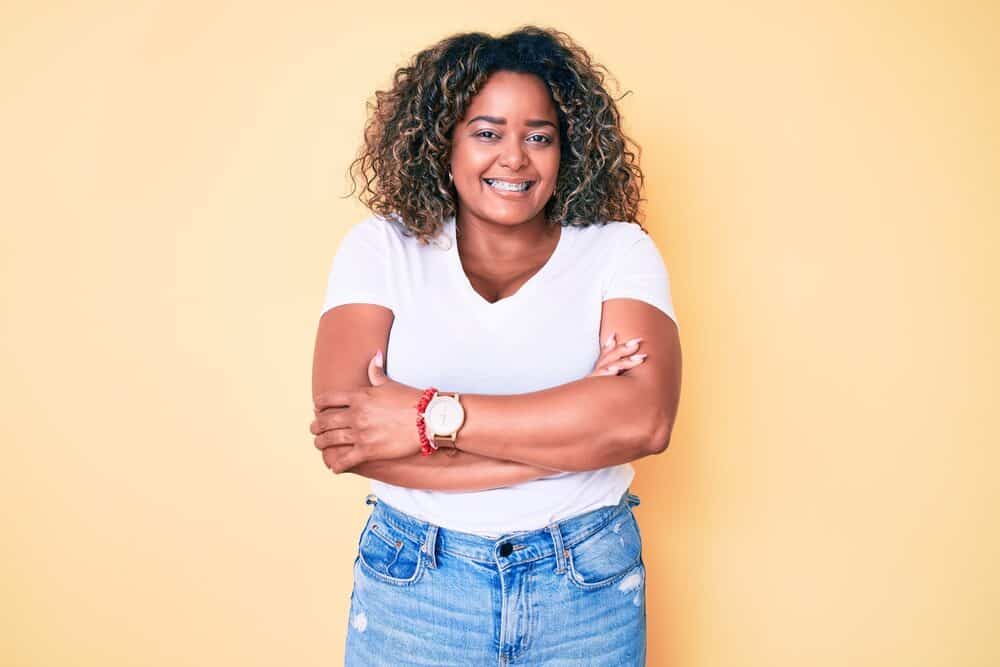
Many naturals are no stranger to relaxers, which damage the hair the instant they are applied. After putting down the creamy stuff, we often swear off all other types of chemical processes - this includes dyeing.
If you’ve been considering a new hair dye job but are having trouble deciding whether to go for it, you've come to the right place. In this article, we’ll help you decide whether dyeing your hair would be a good idea.
Table of Contents
Should I Dye My Hair?
You should dye your hair if it is relatively healthy, you love the prospect of a change, and you’ve got the money and patience to learn about hair color and fix any mistakes that happen along the way. You should not dye your hair if it is unhealthy, you have a sensitivity to Paraphenylenediamine (PPD) or other hair dye chemicals, or you’re short on cash.
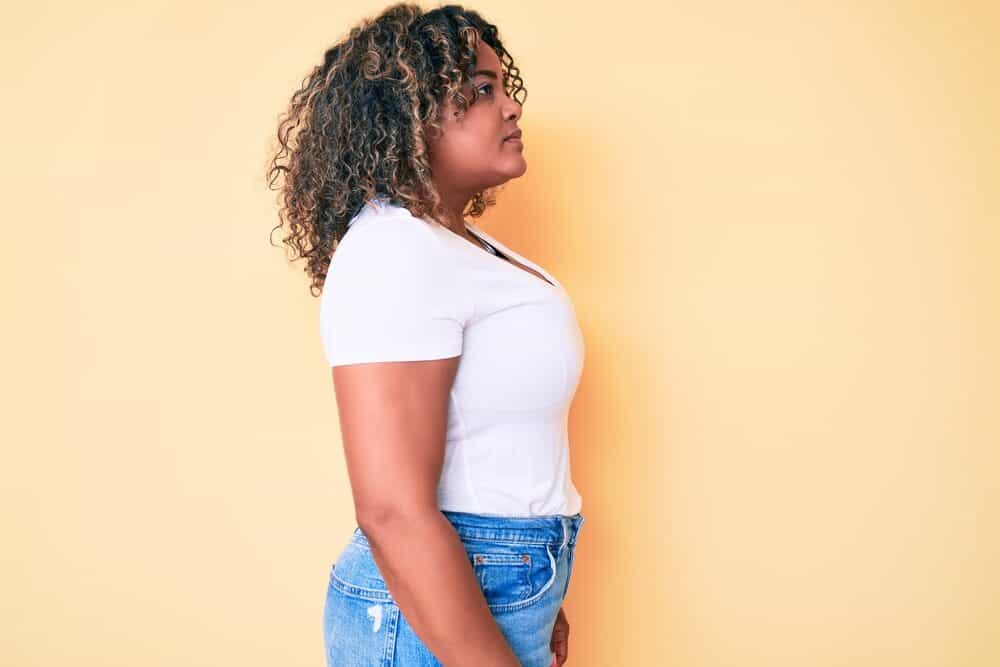
5 Reasons to Dye Your Hair and 5 Reasons Not To
To help you decide whether you should dye your hair, we’d like to start by revealing 5 top reasons to take the plunge and follow up with 5 reasons not to. By the end of this section, you’ll have a much better idea of what to do.
Why You Should Dye Your Hair
The following are five reasons to dye your hair:
- It’s fun. Dyeing your hair is one of the most fun ways to personalize your curls. It allows you to unleash a side of yourself that you didn’t know existed. When you change your hair color, life gets a little brighter, along with your attitude.
- It can improve your appearance. Strategically placed highlights, lowlights, babylights, and all-over color can give your hair more dimension and add interest. This applies especially to curly hair.
- It invokes freedom of expression. The prospect of dyeing your hair opens you up to a world of possibilities. In the summer, you can go light, and in the winter, you can go dark. You can even ignore the seasons completely and wear your hair any color you want regardless of what others do.
- It covers up grays. If you’ve started to go gray and aren’t too keen on it, dyeing your hair can easily get rid of those gray hairs. Most hair dyes on the market, especially permanent ones, are formulated to cover up to 100% of gray hair.
- A new hair color may better complement your skin tone. When your natural hair color doesn’t mesh well with your skin tone, it can throw off your entire look. After many people dye their hair, they realize that they look better overall.
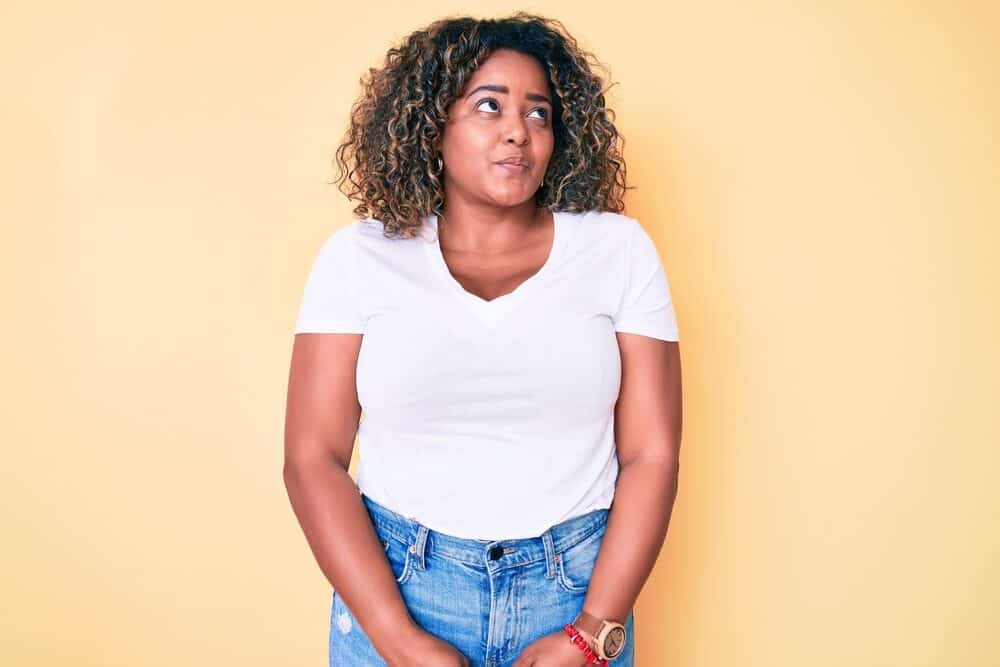
Why You Should NOT Dye Your Hair
Now that you know several reasons why you should dye your hair, let’s move on to reasons you should not dye your hair:
- It makes your hair drier. Permanent hair dyes, and some semi-permanent ones, can cause your hair to become extremely dry. The issue with permanent hair dye is that the harsh chemicals within the dye break open your hair cuticles to change your hair color from the inside. Once the dyeing process is over, your hair cuticles never return to their previous position. This leaves them prone to dryness and secondary issues, like brittleness and weakness. Semi-permanent dye coats your hair shaft, and with repeated sessions, it can coat it to the point where moisture can no longer enter your hair shaft. This buildup leads to severe dryness and a plethora of hair issues.
- It can cause your hair to break off. If you don’t follow the instructions on the dye packaging to a T or use the wrong developer strength for your hair, your hair could break off. In some cases, the hair can begin to fall out immediately, and in other cases, it happens over time.
- It is time-consuming. Dyeing your hair can be time-consuming, and if you’re doing it at home or are inexperienced, this issue is magnified. It can take several hours to dye your hair at home from start to finish. And if you decide to go to a salon, it can take much longer. You may even need to block off a whole day to complete the entire process.
- It’s expensive to maintain. Whether you plan to go the DIY route or get professional hair color maintenance, hair dyeing quickly becomes expensive. Not only do you need to fork over money to purchase the hair dye and accompanying products, but you’ll also need to buy additional products. You’ll need to up your deep conditioning frequency to repair your hair. And you may need to replace your regular hair care products with gentler, color-safe products, as well. If you go with professional hair dye services and maintenance, prepare to pay hundreds of dollars annually.
- Hair dye chemicals can cause reactions. Several chemicals in hair dyes are known to cause a high incidence of allergic reactions in users. One of the most prominent is PPD, also called paraphenylenediamine, p-phenylenediamine, and 1,4-benzenediamine. Often, users experience severe allergic reactions, with symptoms ranging from facial and scalp swelling and redness to blisters and cracked skin. These reactions can show up within 48 hours of applying the dye. Though the negative effects of hair dyes are well-documented, the ingredient (and other irritants) is still widely used in various dye types.
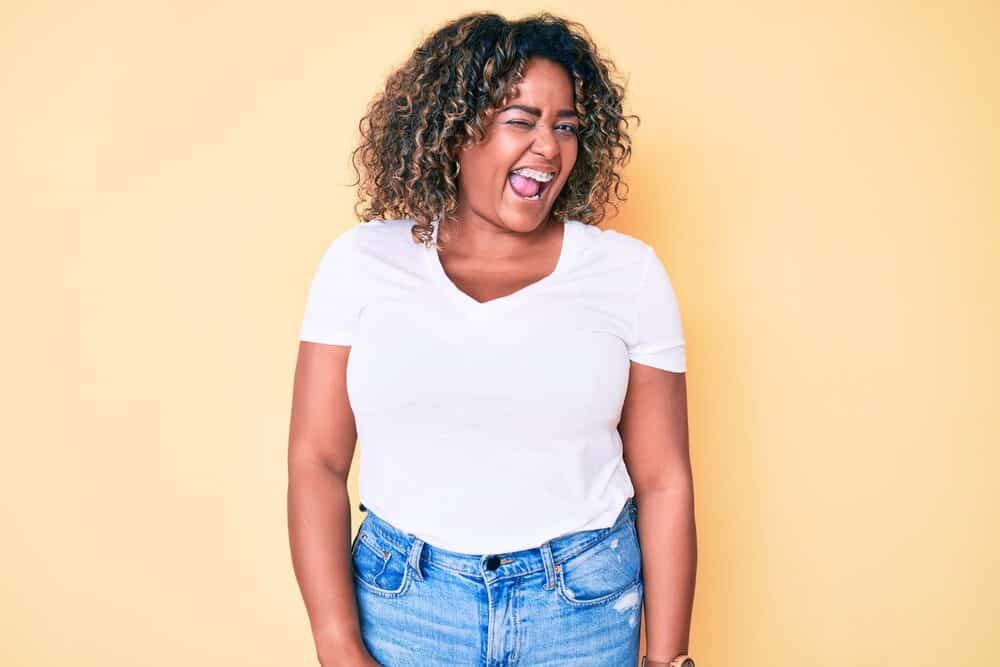
Are You Ready to Dye Your Hair?
Armed with the above information, let’s move on to the next question: are you ready to dye your hair? Here are some questions you should ask yourself before reaching for the dye or making that hair color appointment.
Are You Okay With the Risk of Hair Damage?
If you’ve been growing your natural hair for a while and have grown attached to it, you probably see it as your baby. Putting any harsh chemicals on it can drastically change it.
Dyed hair will look different, feel different, and may not behave like it used to. If you’re okay with risking that, hair dyeing may be a good option for you.
Is Your Hair Already Damaged or Chemically Processed?
If your hair is relaxed, dyed, permed, or otherwise chemically processed, dyeing it may not be a good idea at all. All of the problems you’re experiencing now with your hair may worsen after dyeing it. And if your hair is already on its last leg (dry, brittle, falling out), dyeing your hair is the last thing you should do to it.
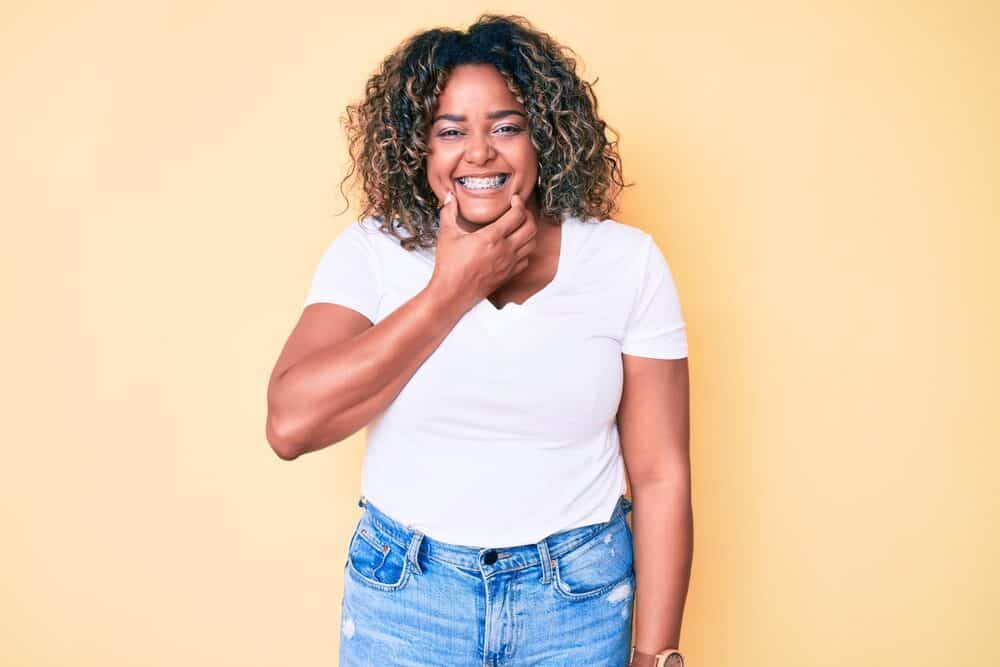
Are You up for Hair Dye Research?
If you’re thinking about dyeing your hair yourself, you need to know that there’s a lot that goes into it. You need to know:
- Hair dye theory
- Your natural hair’s base
- What developer strength you should use
- How to maintain hair color
This is not an exhaustive list of things to familiarize yourself with. When it comes to hair dye, the rabbit hole seems to go deeper and deeper, and you may never know all you need to know - that’s why there are professional colorists. But if you make a real effort and do some strand tests, you may be able to achieve the results you desire.
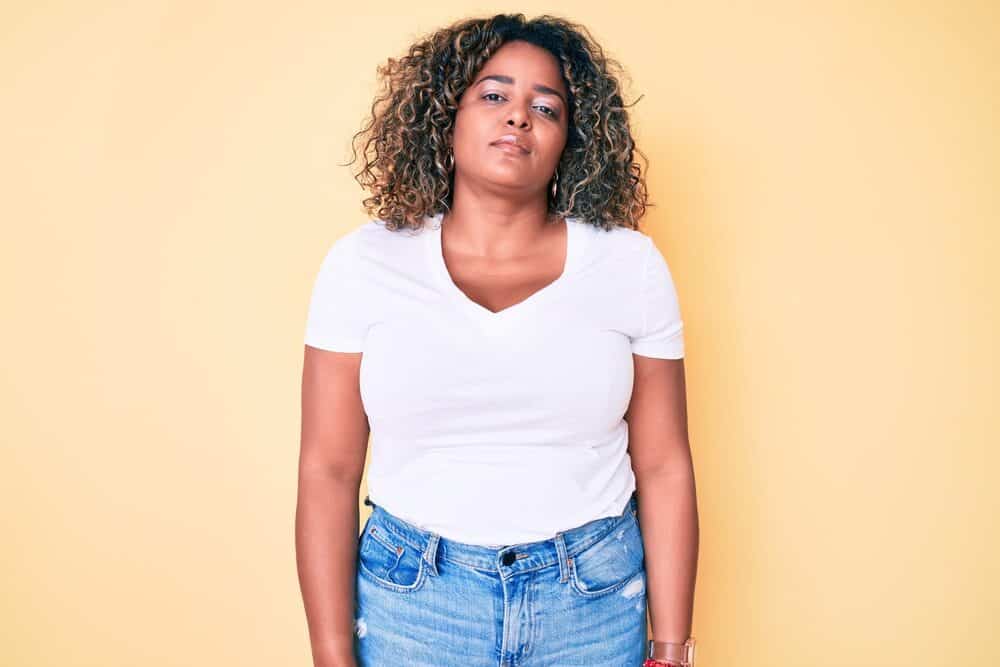
Do You Have the Patience and Money for Trial and Error?
Whether you go to a colorist or attempt a hair color change at home, you may not get the results you want. You may end up needing to tweak your hair color over time or, in the worst cases, go to a professional stylist for a color correction service.
Color correction and repeated dyeing sessions get expensive really quickly. But if you have the time and money for both, go for it!
- How to Stop Hair Dye From Bleeding Onto Clothes
- Mixing Purple and Red Hair Dye
- Is It Better to Dye Your Hair When It’s Dirty or Clean?
- Can You Put Hair Dye on Wet Hair?
We hope that the information in this article has helped you make an informed decision regarding whether you should dye your natural hair. Good luck!

